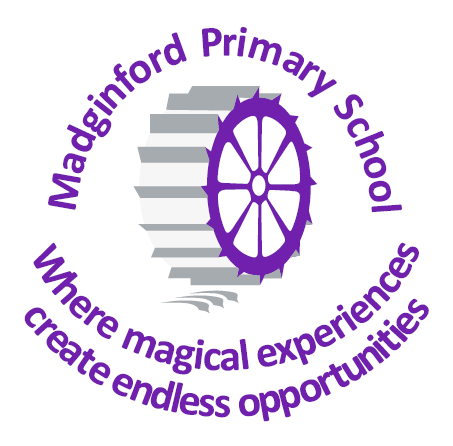English
English is more than just a reading or a writing lesson; it weaves through everything we do at school.
Spoken Language
Children take part in discussions, arguments and debates to help them learn how to structure and explain their understanding and ideas. A constantly developing and deepening vocabulary helps them to understand, explain and justify their thoughts and opinions to those they are working with.
During these lessons, children:
- Listen carefully and understand
- Develop a wide and interesting vocabulary
- Speak with clarity
- Tell stories with structure
- Hold conversations and debate
Reading
Children are able to use their knowledge of how words are built (including their phonological understanding) to read easily, fluently and with a good understanding. They develop the habit of reading widely and often, for both pleasure and information. Through the range of books read, children build a strong vocabulary, develop a sound understanding of how books ‘work’ and show an increasing appreciation of the rich, varied literary heritage available to them.
During these lessons, children:
- Read words accurately
- Read with fluency and understanding
- Show an understanding of the ideas and themes underpinning texts
- Recognise and understand the skills and techniques used by authors
Writing
Children explore a wide range of texts to develop and deepen their vocabulary; build their knowledge and understanding of grammar, and recognise the techniques used by experienced authors. They learn how to write clearly, accurately and coherently, and can adapt their language and style for a range of contexts, purposes and audiences.
During these lessons, children:
- Write with purpose
- Build sentences accurately and for effect.
- Use paragraphs to group ideas
- Use imaginative description
- Use punctuation with ever-increasing accuracy
- Spell with ever-increasing accuracy
- Present work neatly
